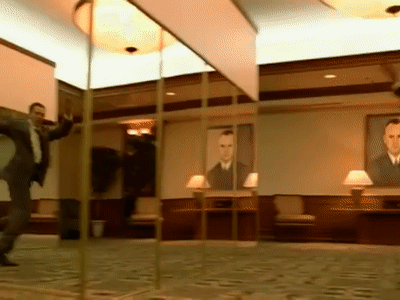Hey,
after playing for a couple months it's come very clear to me that correct technique is the way to go for extra distance. However I haven't found a sport yet where you wouldn't benefit from good physical condition. That's why I wanted to ask you guys which body parts you should give attention for distance wise and also to prevent injuries? What kind of training you do besides throwing the disc?
Strong core comes to my mind first.
after playing for a couple months it's come very clear to me that correct technique is the way to go for extra distance. However I haven't found a sport yet where you wouldn't benefit from good physical condition. That's why I wanted to ask you guys which body parts you should give attention for distance wise and also to prevent injuries? What kind of training you do besides throwing the disc?
Strong core comes to my mind first.
